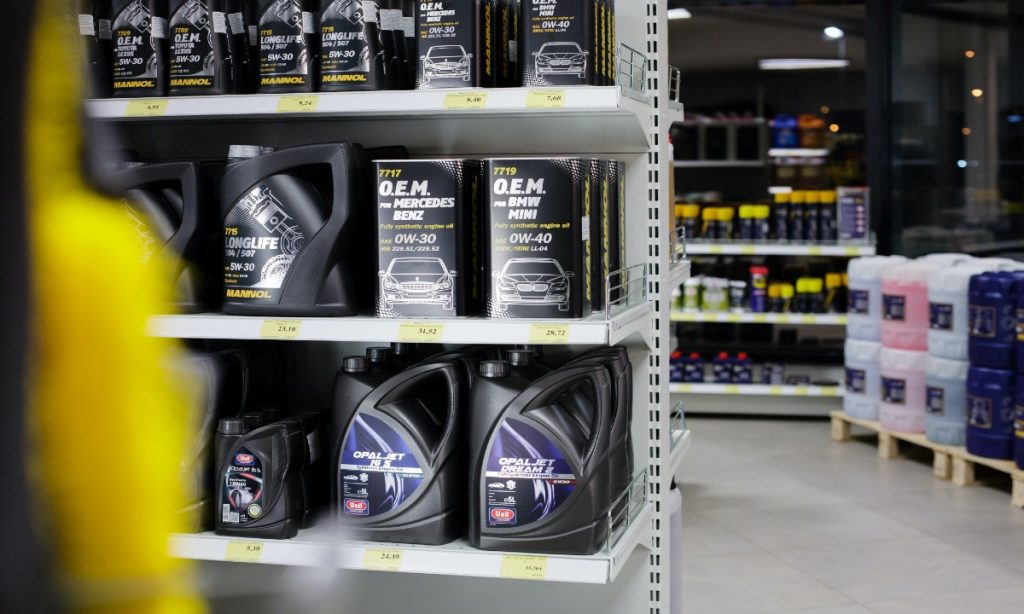What Is Lubricant Oil Used For?

Have you ever heard old engines make a loud screeching noise? That’s the sound of mechanical parts vigorously rubbing against each other when there’s a lot of friction. While friction is necessary for machines to work, excessive friction leads to damage and defects. This is where lubricant oil comes in.
What Is Lubricant Oil?
Lubricant oil, otherwise known as lube or motor oil, is used within equipment to reduce friction, prevent wearability and counter excessive heat. This type of oil is slightly viscous, curbs harsh resistance, and enables greater mobility between mechanical components that constantly come into contact with each other.
Different Types of Lubricant Oils
Essentially, there are two main types of lubricant oils on the market: natural and synthetic. Lubricant oils derived from mineral oils are a more refined version of crude oil. They’re easy to produce, cheaper than the synthetic variety, and commonly used across a plethora of industries. Adjustments to the refining process yield mineral oils of different viscosities. In that, manufacturers vary the thickness of mineral oils to fit different purposes. On the other hand, synthetic or manmade lubricant oil is typically more expensive and does not enjoy the same level of popularity as its counterpart.
Why Is Lubricant Oil So Useful?
Safe to say, lubricant oil is essential for countless manufacturers. From automobile companies to electronics suppliers, everyone needs it in one way or the other.
1. Prevents corrosion
Metal surfaces constantly in operation tend to get rough and succumb to corrosion. With a generous layer of lubricant oil, specialists can increase the longevity of heavy-duty machinery while elevating performance. Simply put, lubricant oil is used to enhance the efficiency of engines. Without it, excessive friction halters overall performance and lets day-to-day wearability take over.
2. Facilitates seal shafts
Many fast-moving rubber parts in equipment are oil sealed to ensure lasting performance. To a certain extent, lubricant oil slows down the ingress of dust and dirt. Be it heavy-duty machinery or household equipment, the build-up of dust inside functional parts can cause significant damage. Oil lubricated seals stand a better chance of preventing leakage, and also, keeping debris out.
3. Regulates temperature
It’s no secret that an overheated engine cannot perform to its potential. Due to the combustion of fuel and friction between components, all machines tend to experience surges in temperature. Little do most people know that lubricant oil has a massive role to play in that. It ensures that temperature levels within machinery stay at optimal levels. This, in turn, facilitates maximum performance and prevents any structural damage caused by overheating. Simply put, lubricant oil helps in cooling the engine down when it has been working constantly for a long time.
The Verdict
Lubricant oil is essential for many processes conducted by a long list of industries. To meet demand, it is made readily available in different forms and types. As an amateur buying lubricant oil for a DIY project, be careful. Whether synthetic or petroleum-derived, lubricant oil is flammable. Storage and handling of lubricating grease should be done properly, and spills should be avoided. In case of a leak, clean affected surfaces immediately.
